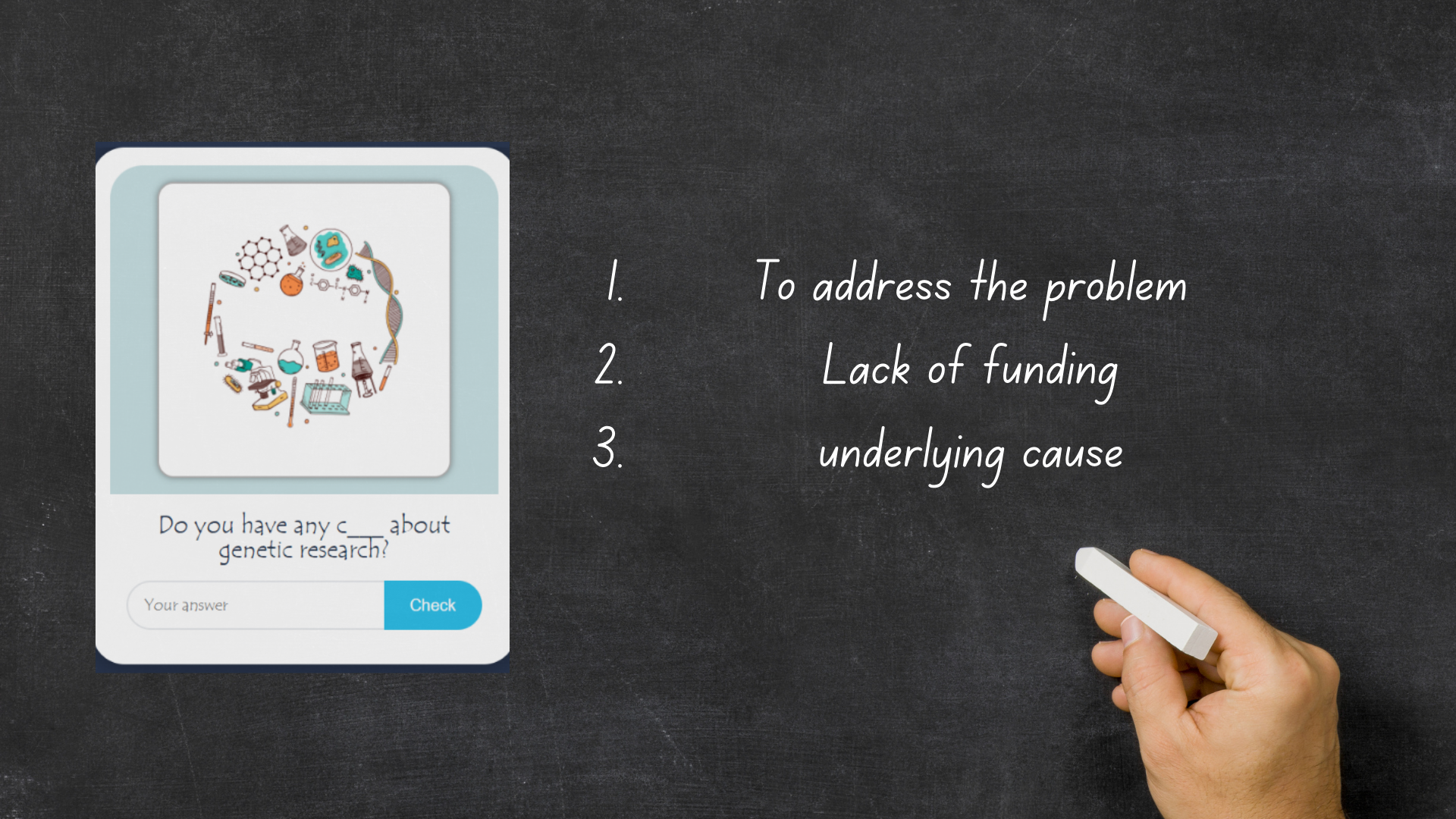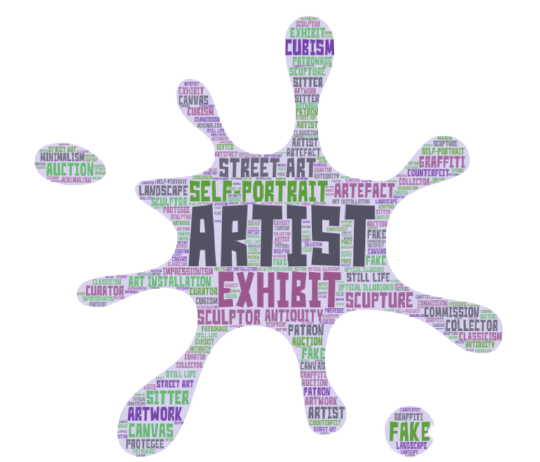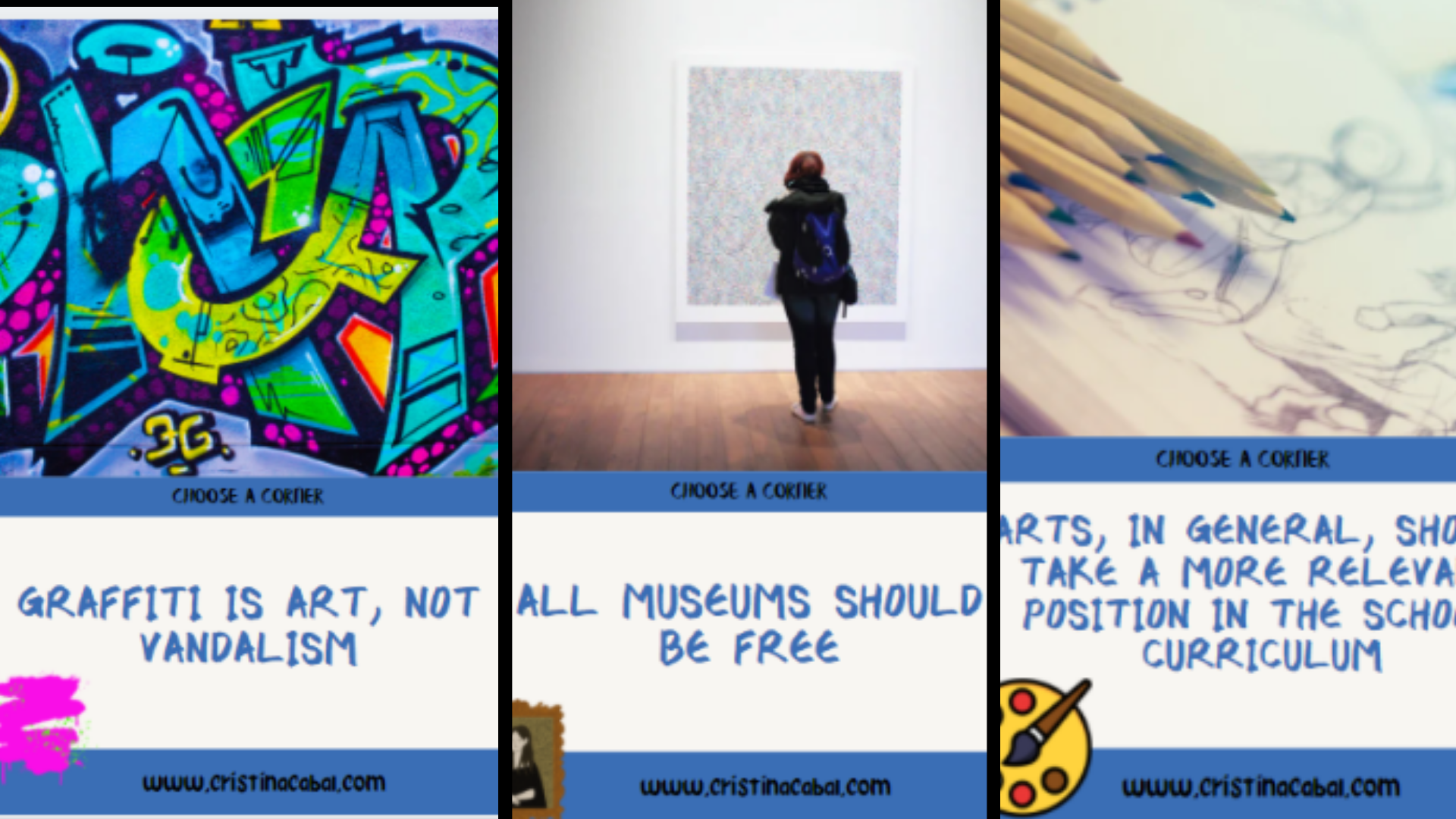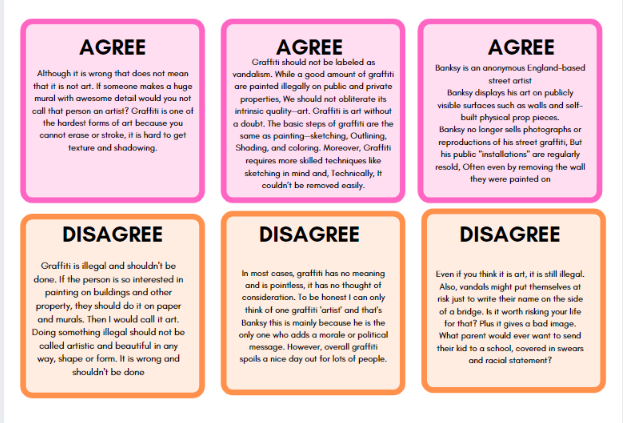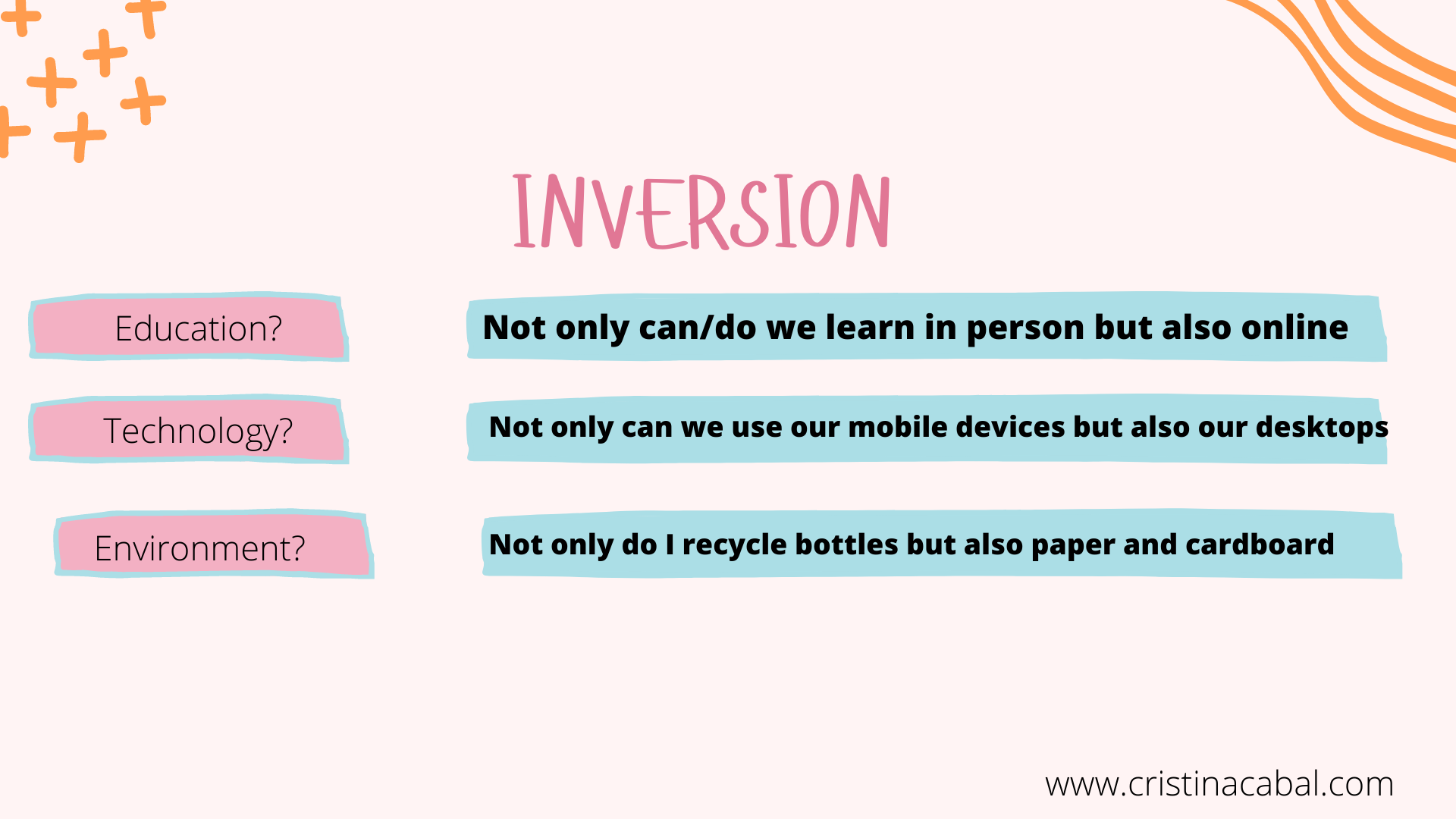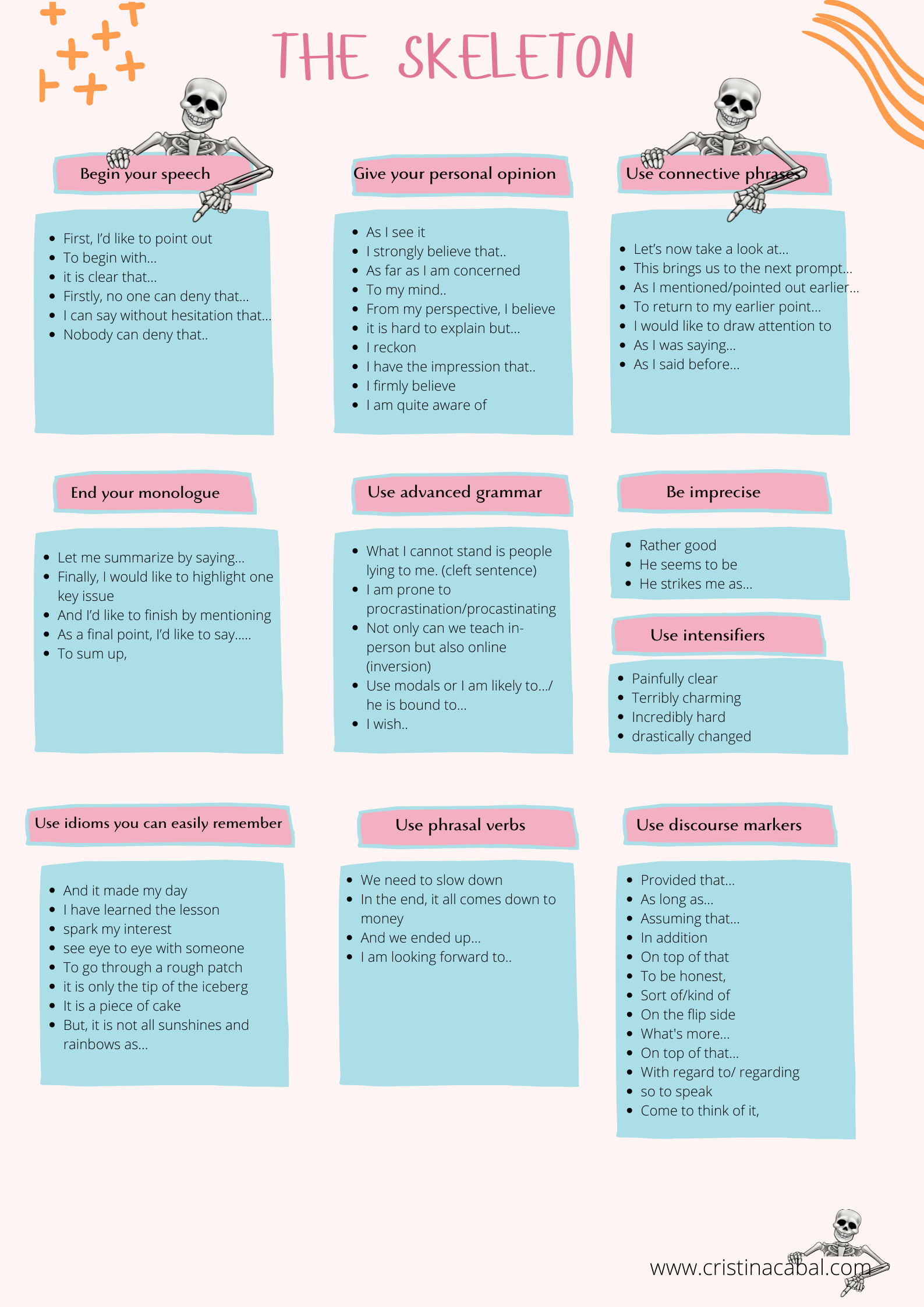It’s been years since I last discussed the media and its role in our society in my classes. I don’t really think much has changed since the last time I explored this topic in class.
- I feel we are still being manipulated by the media
- I still feel we are, in most cases, misinformed
- I still feel that the press is controlled by the same networks of people that run everything else
- I still feel the information we receive is biased and based on speculation rather than hard facts.
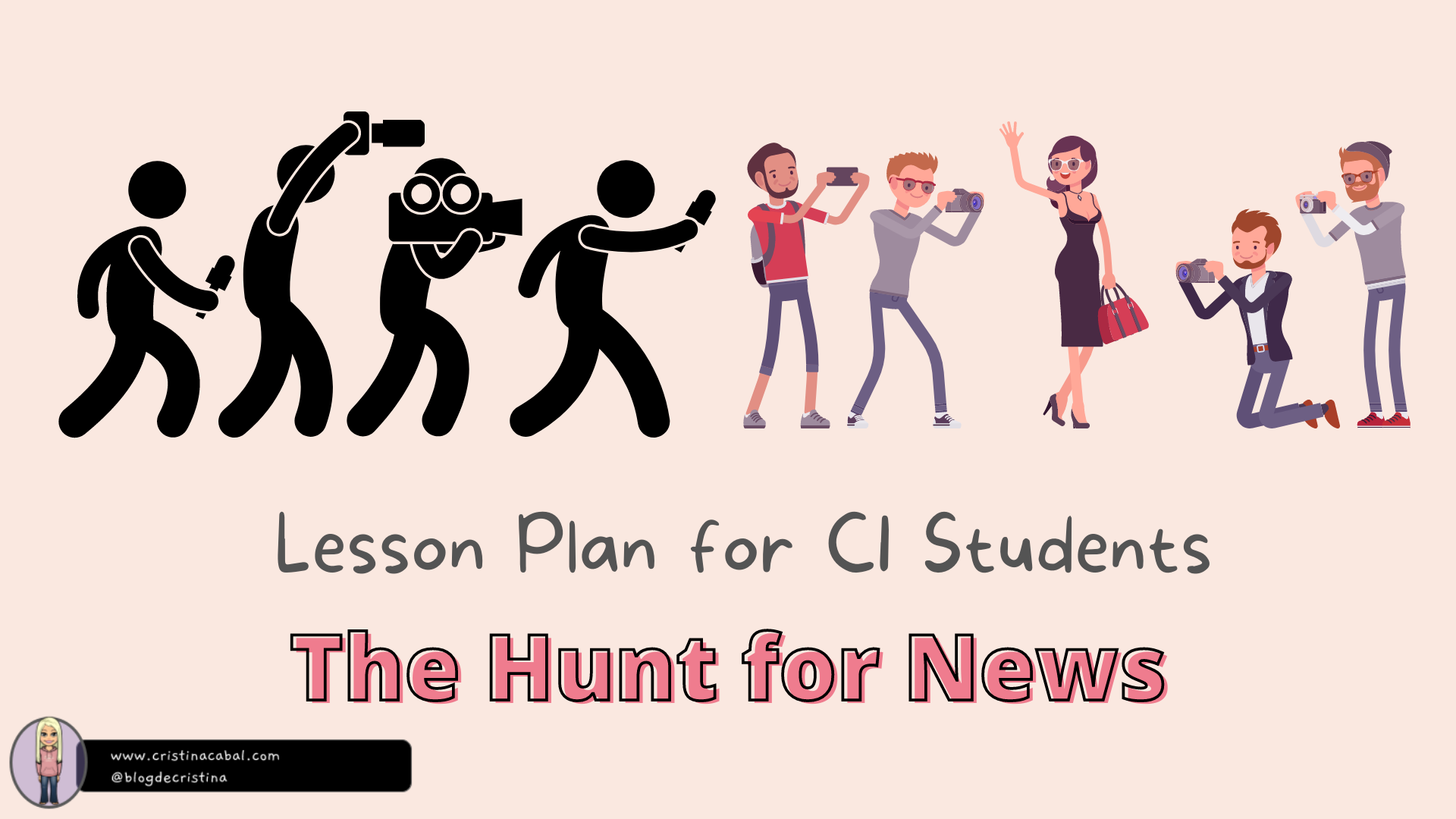
But this lesson is meant to be focused on the paparazzi and their work chasing celebrities or famous people. We will discuss the very serious damage that the paparazzi and tabloid media can cause when they constantly invade people’s privacy. We will discuss whether the paparazzi are to blame for some unfortunate events and whether stricter laws should be enforced. We will study vocabulary relevant to this topic and read real examples where the right to have a private life will be discussed. Are you ready?
Step 1: a stirrer.
- Ask students: Have you ever met someone famous?

Telling an anecdote about yourself never fails to engage students. It’s only fair that if you are asking them to talk about themselves, you do the same.
2. On the board, write the question below and ask students to briefly comment on this.
Want fame? Kiss your privacy goodbye!
Step 2 . Introducing vocabulary
Every time I revise or introduce vocabulary in my classes, I make a point of reminding my students that they need to study the vocabulary in chunks. There is no point in studying the verb “apply” if they don’t know the preposition it collocates with. The next activity is a good one to remind students of this necessity.
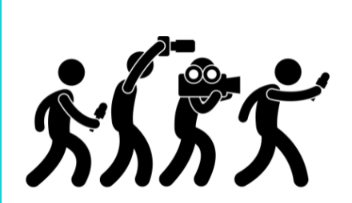
- Give students two minutes to write all the vocabulary they know related to The media.
- On the board, write a circle with the word The Media inside. Do a mind-map with all the vocabulary students provide.
- Drill pronunciation and then do a quick translation exercise to consolidate meaning and pronunciation.
Introduce new vocabulary.
- To follow a lead
- paparazzo/paparazzi/amateur paps
- revulsion/respect for their profession
- a tip-off/to tip off the paparazzi
- to gather news
- to spot a celebrity
- agency/ˈeɪ.dʒən.si/
- news outlets
- news coverage
- exclusive /ɪkˈskluː.sɪv/
- a major scoop
- a click-bait story
- photojournalism
- tabloid journalism and sensasionalism /senˈseɪ.ʃən.əl.ɪ.zəm/
- to censor/impose strict censorship /ˈsen.sə.ʃɪp/
- Celebrity scandals
- sensational news
- To harass foreign journalists UK /ˈhær.əs/ AmE /həˈræs/
- to stalk a celebrity /stɔːk/
- to pursue or chase celebrities /pəˈsjuː/
- to catch up on the news
- to leak to the press
- to tackle misinformation
- invasion of privacy /ɪnˈveɪ.ʒən/ /ˈprɪv.ə.si/
- untrustworthy/reliable sources /ʌnˈtrʌstˌwɜː.ði/
- accuracy of the reports
- unverified information
- biased/unbiased
- to be in the limelight
- to be highly sought-after /ˈsɔːt ˌɑːf.tər/
You can follow the rest of the lesson plan using the presentation below. I hope you enjoy it!
In case you are looking for debatable or persuasive topics about the media, here you have some.









